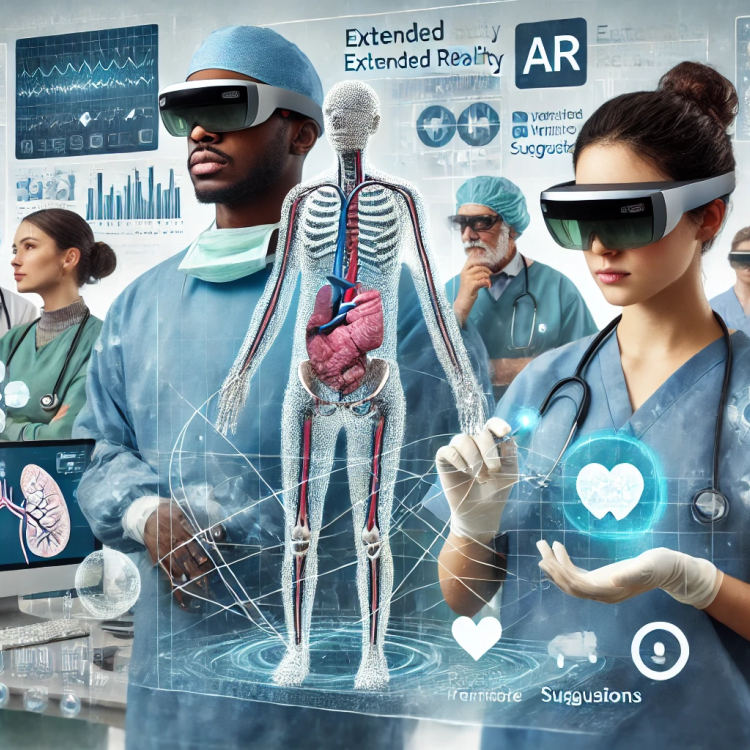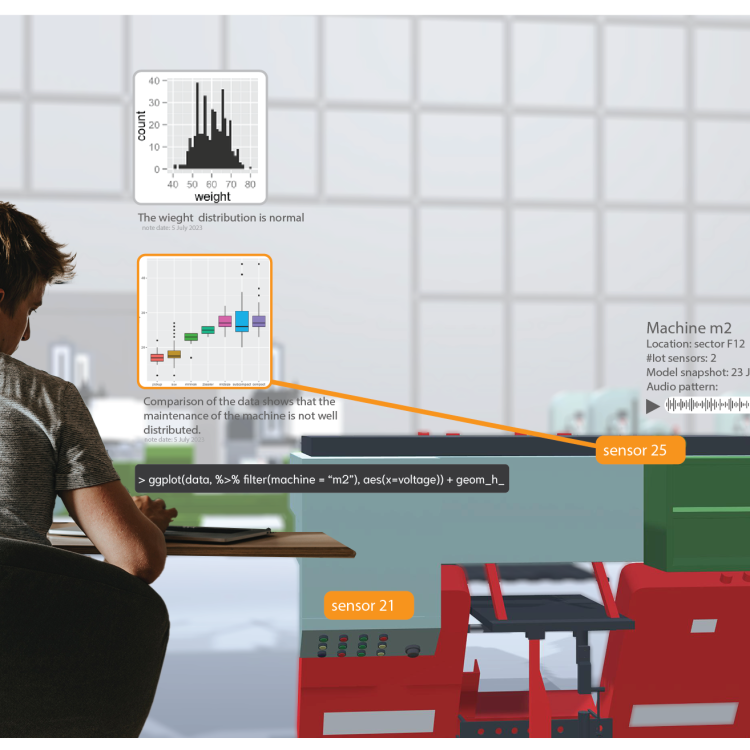Digital health (DH) technologies promise significant improvements in healthcare delivery, but their successful implementation requires rigorous evaluation to ensure they meet clinical and operational needs.
There is a key opportunity for specialist work in an emergent intersection area which we can call Value-Based Digital Health (VBDH).
To expand further, VBDH is a discipline area that sits at the intersection of DH, HTA and IS and is focused on defining, delivering and measuring value in all parts of the lifecycle of DH products. (Prof C Bain, 2024)



